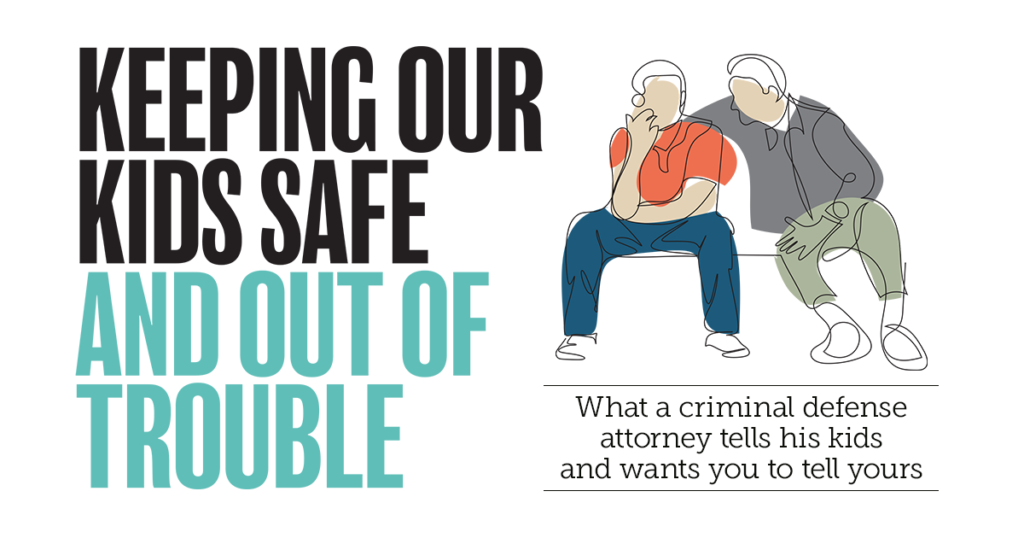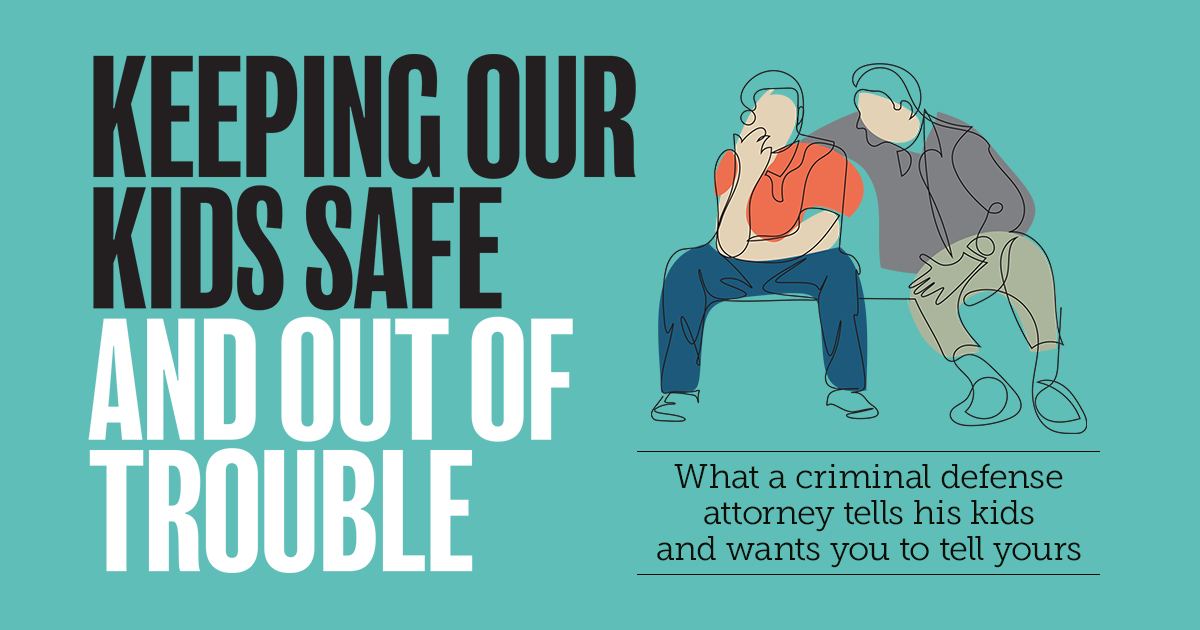Student Rights in School
Imagine this scenario:
The high school principal calls a junior into her office and accuses him of vaping weed in the school parking lot and sharing it with his classmates. She rifles through his backpack on the spot and, sure enough, she finds a vape pen.
The principal asks the student to confess and give up the names of the students who were smoking with him. She says that if he doesn’t, he will get a more serious punishment.
Was what she did legal? What should the student do in response? Say nothing? Ask to call his parents? Be truthful and hope everything turns out okay?
When it comes to illegal activity, dealing with school officials is an entirely different ballgame from dealing with law enforcement. With law enforcement, you have certain constitutional rights, such as the right to remain silent and the right to be free from illegal searches. But courts give wide latitude to schools to determine their discipline policies. The courts believe that the need to maintain discipline in a school outweighs the privacy rights of the student. The moment your child enters school property, he is subject to the disciplinary rules of that school district. The school can search him. The school can question him.
As a parent, I think it is just as important to teach your kids about their rights and how to handle themselves with school authorities as it is to teach them about what to do when dealing with the police. So in this chapter, we’ll focus on three areas of the law in schools that you and your teen should know about: search rights, interrogation, and drugs.
Student Rights – Search Rights
Typically, when a student is found in possession of an illegal item, such as drugs or weapons, the first thing parents say is, “The school searched him illegally! They violated my kid’s rights!”
Well, I’ve got some bad news for you: There are no illegal searches on school property. Your teen’s locker is not private; it’s school property. Her backpack or purse isn’t personal property that the school can’t search. When anyone sets foot on school property, they are agreeing to the school’s policies. Often, these policies allow for search of not only school property but everything on school property as well: persons, bags, and even vehicles parked on campus!

Keeping Our Kids Safe and Out of Trouble
To learn more about Students Rights in School and other issues that parents and teens face click below to purchase my new book Keeping Our Kids Safe and Out of Trouble: What a Criminal Defense Attorney Tells His Kids and Wants You to Tell Yours.
